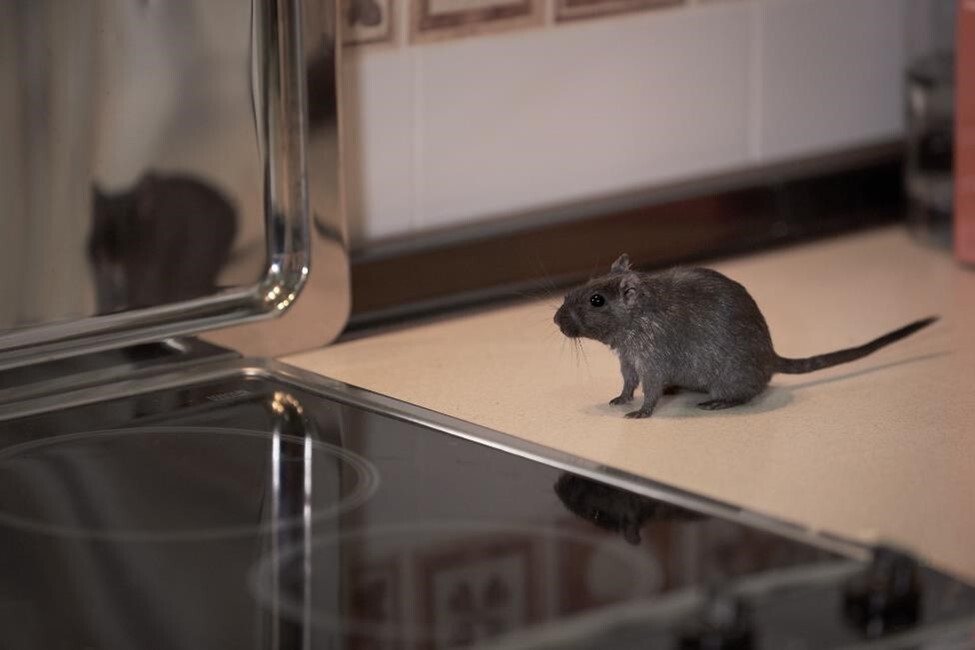When the rainy season arrives, it doesn't just bring cool, refreshing rain, but also an influx of pests eager to find shelter in our homes. This period poses unique challenges in pest control during the rainy season, as moisture and humidity provide an ideal environment for a range of pests. Understanding how to effectively manage these intruders is essential for maintaining a safe and comfortable home.

Why Rain Brings Pests Indoors
During the rainy season, numerous factors contribute to increased pest activity within homes. The most prominent reason is moisture. Rainwater saturates the ground, fills up holes and cracks, and makes everything damp - an alluring environment for pests. Furthermore, heavier rain forces pests to seek shelter and they often find entry points into homes unnoticed.
According to experts, humidity caused by continuous rains further propagates pest infestations. For instance, termites thrive in humid conditions, making it critical to have a proactive approach to pest control during the rainy season. To explore more strategies on maintaining a pest-free environment, visit our blog on pest-free home solutions.
Common Pests in Rainy Seasons
Mosquitoes
The rains create stagnant water systems, perfect breeding grounds for mosquitoes. These pests not only cause annoying bites but are also vectors for diseases like dengue or malaria.
Termites
With their affinity for moisture, termites can cause significant damage to the structure of your home if left unchecked during this season.
Ants
Heavy rains can drive ants indoors in search of dry grounds. Their colonies can expand and multiply rapidly when they find suitable shelter.
Rodents
Rains flood the habitats of rodents, pushing them into human residences. These creatures bring with them not only damage but also the risk of diseases.
Strategies for Effective Pest Control
Now that you've learned why pests are drawn indoors during rainy seasons and which are most common, let's delve into strategies to prevent and control these intrusions.
Seal Entry Points
Inspect your home for any holes or cracks and use caulk or other materials to seal them. Entry points can be found around doors, windows, or utility pipes.
Eliminate Standing Water
Ensure your surroundings do not have stagnant water. Regularly clean gutters and drains and fix any leaks promptly.
For a more comprehensive guide on ways to manage moisture and prevent pest infestations, you can check out reduce pest risks.
Maintain Cleanliness
Keep your home, especially food storage areas, clean and dry. Proper waste management and regular cleaning of dishes, countertops, and floors can help prevent pests.
Use Natural Remedies
Consider using natural pest repellents. Peppermint oil, diatomaceous earth, and vinegar can be effective against various pests without resorting to chemicals.
When to Call a Professional
Sometimes, despite our best efforts, pest problems can go out of control. Knowing when to call for professional help is crucial. If the infestation seems too significant or if you suspect structural damages (like with termites), it's time to bring in the experts.
Please visit sites like effective pest control methods for insights from professionals and more detailed techniques.

FAQs
How do heavy rains contribute to pest problems?
Rains increase moisture and humidity, attracting pests seeking dry shelter or breeding grounds, leading to increased infestations in homes.
What are natural ways to repel pests during rainy seasons?
Using peppermint oil, diatomaceous earth, or vinegar are effective, eco-friendly methods to deter pests during wet conditions.
How frequently should professional pest control be considered?
It is advisable to have professional pest inspections once a year, but during rainy seasons, additional visits may be necessary for significant issues.
This article contains affiliate links. We may earn a commission at no extra cost to you.
